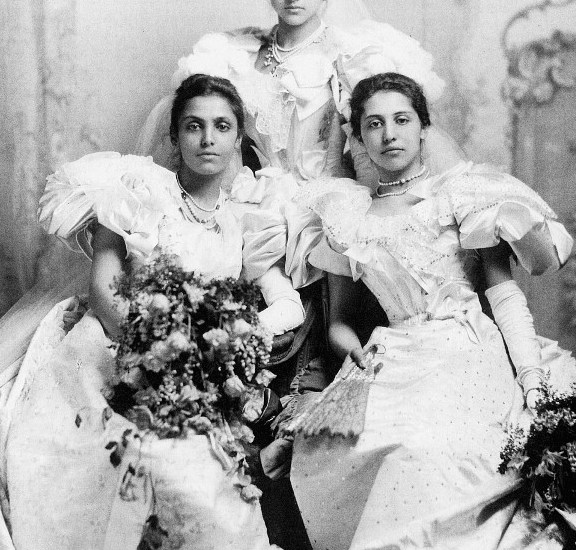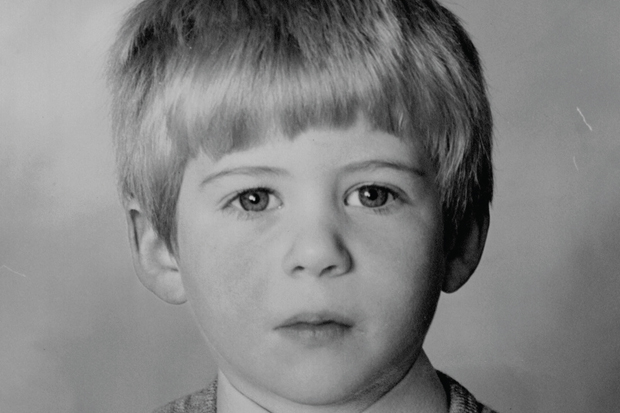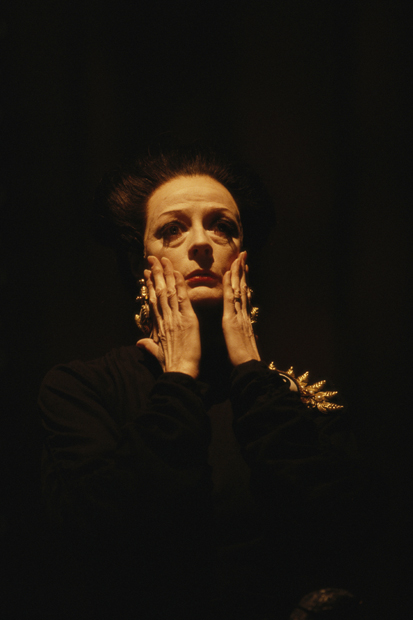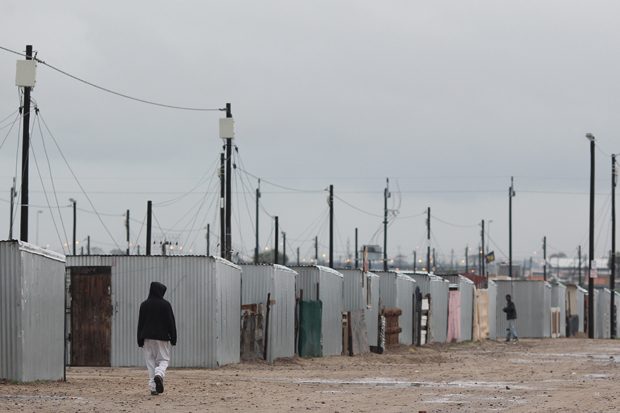Princess Sophia Alexandrovna Duleep Singh (1876–1948) had a heritage as confusing as her name. Her father was a deposed Indian maharajah who had been exiled to England, her mother the Cairo-born illegitimate daughter of a German merchant and an Abyssinian slave. The young princess was brought up in considerable splendour on a vast Suffolk estate as a thoroughly anglicised aristocrat who would be presented at court and become an enthusiastic participant in the Season before unexpectedly joining the battle for women’s suffrage.
Anita Anand traces what she calls the ‘roots of rebellion’ to Sophia’s father. Duleep Singh had been proclaimed maharajah of the Punjab at the age of six, after his path to the throne of his putative father, Ranjit Singh, had been cleared rather in the manner of Kind Hearts and Coronets. He inherited a vast Sikh kingdom, a huge fortune, and the Koh-i-noor diamond, all of which he was forced to sign away at the age of 11 when the British annexed the Punjab.
By the time he arrived in England in 1854, Duleep Singh may have lost his kingdom and converted to Christianity, but he still dressed like Indian royalty and at 15 was strikingly handsome, becoming a favourite protégé of Queen Victoria. In recompense for his lost inheritance, he was paid an annual sum of £25,000 (roughly equivalent to £2.5 million today) and bought Elveden Hall in Suffolk, which he completely overhauled so that its interior resembled a Mughal palace and where he entertained on a dangerously lavish scale.
Sophia was the fifth of his six surviving children, but her parents’ marriage was undermined by her father’s profligacy and promiscuity. Duleep Singh eventually ran off with a hotel chambermaid and, unable to pay his huge debts, denounced the British for robbing him — even dubbing Queen Victoria ‘Mrs Fagin’, because he now regarded her as the recipient of stolen goods. While he ineffectually plotted to retrieve his kingdom, his family were living in distinctly reduced circumstances in Folkestone.
The story of Duleep Singh has been told before, notably and rather less breathlessly by Michael Alexander and Sushila Anand in Queen Victoria’s Maharajah (1980), while the later life of the maharajah’s children was outlined in Peter Bance’s annotated family photograph album The Duleep Singhs (2004). Anita Anand writes about the whole family, but keeps Sophia at the heart of the book and makes excellent use of letters and diaries to trace her subject’s evolution from frivolous socialite to militant suffragist. Sophia became politicised in 1906–7 while visiting her truculent elder sister Bamba, who — closely watched by anxious government agents — had settled in Lahore, the capital of the family’s former kingdom. It was here that Sophia met the leading freedom fighters Gopal Krishna Gokhale and Lala Lajpat Rai. She returned to England a convinced anti-colonialist and immediately set about looking for something other than breeding dogs to occupy her energies.
She had already raised funds to improve the living conditions of lascars in the London docks, but a chance meeting with a disciple of Christabel Pankhurst led to her becoming a leading campaigner for women’s suffrage. Anand draws convincing parallels between the oppression of Indians in the subcontinent and the oppression of women in Britain, and it is evident that the two issues were related in Sophia’s mind — not least because, after stepping down as Viceroy, that old adversary of Indian self-government, Lord Curzon, became president of the National League for Opposing Woman Suffrage.
When the suffragettes turned to violence, many members of the Women’s Society for Social and Political Union resigned, but true to her warrior heritage Sophia continued both to champion the organisation and endorse its tactics. She publicly lent her support to a group of women charged in 1913 with planning arson attacks — though, oddly, Anand omits to reveal the outcome of what she dubs ‘one of the most sensational trials of the decade’ — and was in the dock herself three times for refusing to pay taxes.
Like her father before her, she became an embarrassment to the royal family, particularly since she had taken to selling copies of the Suffragette outside Hampton Court Palace, where she had a grace-and-favour house. The campaign was put aside during the first world war and instead Sophia raised considerable sums for Indian soldiers at the front and nursed those who were invalided to Britain. Her life thereafter was something of an anticlimax, and is sensibly wrapped up here in a few pages.
Anand is inclined to get carried away by her undeniably colourful subject matter and her book sometimes reads more like a popular novel than a work of history. Sentences such as ‘Sophia could not have guessed that in less than six months, the soil of St Andrew’s graveyard would once again be churned by her misery and grief’ are all too representative of the book’s rather hectic style. That said, it is based on solid research, tells a fascinating story, and is never less than very readable.
Got something to add? Join the discussion and comment below.
Get 10 issues for just $10
Subscribe to The Spectator Australia today for the next 10 magazine issues, plus full online access, for just $10.
Available from the Spectator Bookshop, £16.50 Tel: 08430 600033
You might disagree with half of it, but you’ll enjoy reading all of it. Try your first month for free, then just $2 a week for the remainder of your first year.














Comments
Don't miss out
Join the conversation with other Spectator Australia readers. Subscribe to leave a comment.
SUBSCRIBEAlready a subscriber? Log in